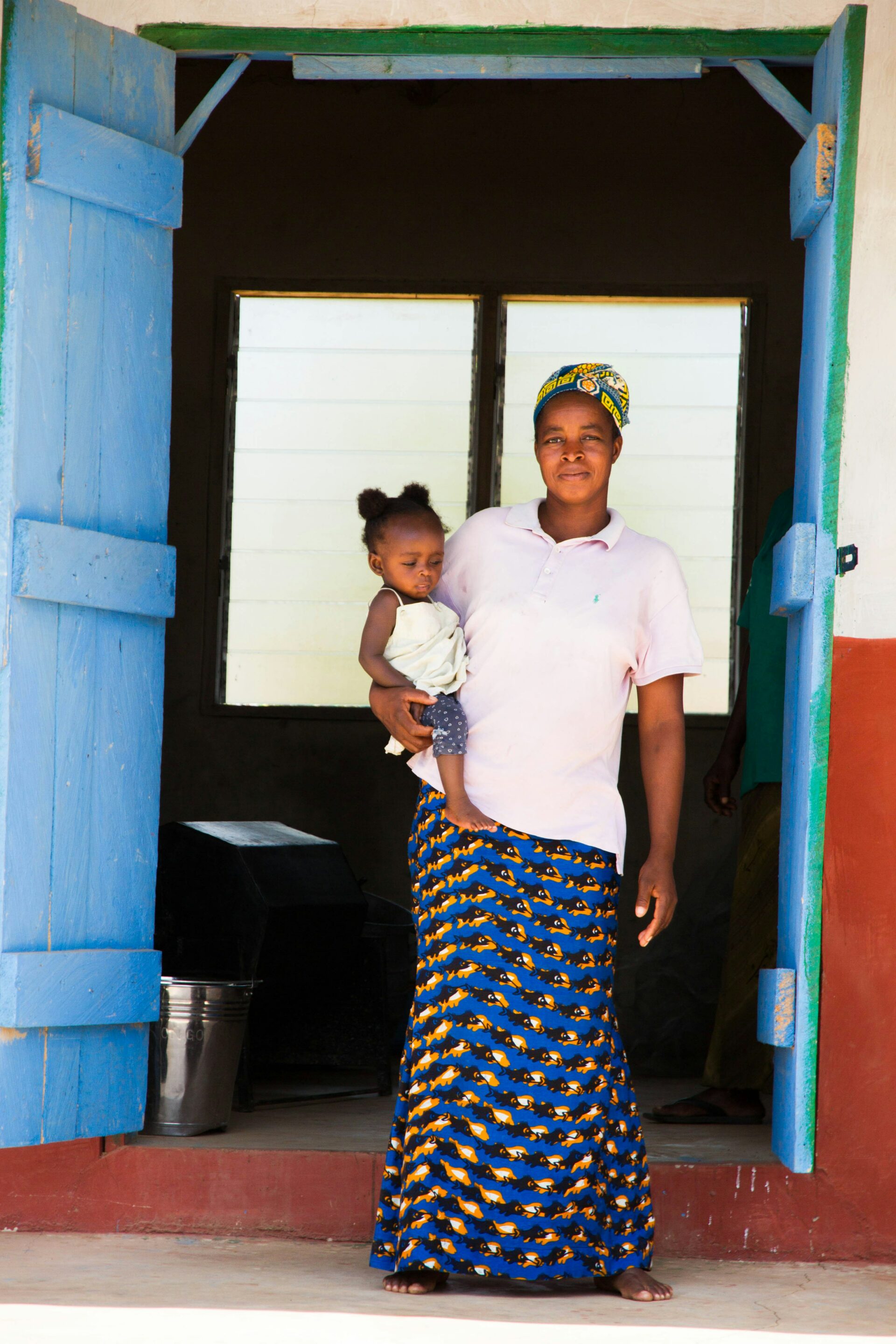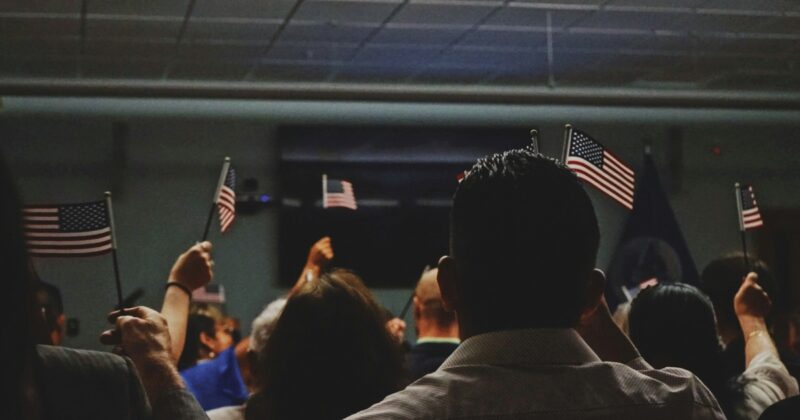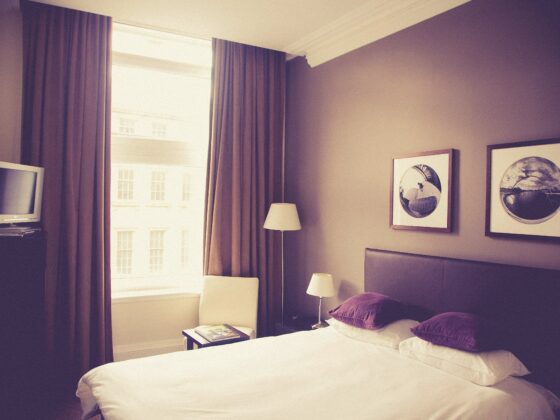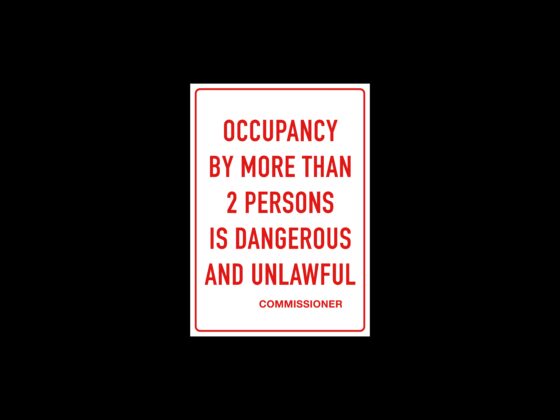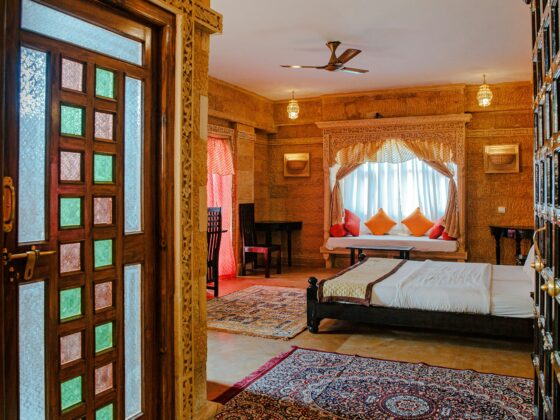NEW ORLEANS — The annual AAHOA Convention attracts scores of the association’s members. It makes eminent sense, then, that the executive brand panel be equally substantial. This year’s did not disappoint in size, numbering a total of 10 on the dais—all speaking about the state of hospitality, but even more focused on the power and voice of the Asian American hotel owners community that own the majority of hotels in the U.S.—more than 60% by many estimates.
The association is a huge powerhouse, often flexing its might in Washington, touting issues important to its collective. Now facing the most challenging time since the pandemic, it’s sounding the klaxon call to its constituents, government officials and its franchise partners and the brands, which depend on and succeed on the backs of their capital.
“We have headwinds,” said Liam Brown, group president of U.S. & Canada for Marriott International, an understatement within the context of today’s economic and geo-political climate. Outside the imminent tariff whiplash that will likely make things more expensive, there is already cost challenge threatening hotel owners and operators. Brown ticked off the still-elevated higher interest rate environment, harder debt availability and higher construction costs, which conspire to make it difficult to build new hotels, something that does not sit well with franchisors whose stock prices ebb and flow on their ability to grow through net unit additions. In the absence of ground-up development, Marriott and others have turned to conversions as a way to expand their networks without new sticks and bricks.
It doesn’t foretell all doom and gloom. “Even with challenges, there are new opportunities,” implored Brown, then invoking a recurring theme for the panel: “Remember,” he said, “we are an industry built on resilience.”
His sentiment was echoed by other panelists. There was Geoff Ballotti, president & CEO, Wyndham Hotels & Resorts, touting “resiliency” within the limited- and select-service segments, proven during COVID. He said that Wyndham’s pipeline is at a record level due to the “smart money” that knows select-service hotels deliver. “There is optimism,” he said. “This, too, shall pass,” a rather frightening phrase that was cited repeatedly during the pandemic.
Tariffs are not COVID, but they have certainly created uncertainty and lack of clarity for business owners large and small. “Tariffs have created confusion,” said Dan Hansen, the former CEO of Summit Hotel Properties and now head of Americas development and global head of Hyatt Studios, who, like most, are taking a wait-and-see approach. “How do you access the risk?” he asked. Tariffs, he said, not only impact everyday costs for hotel owners, since things become more expensive, tariffs can have a direct impact on travel demand.
Willie Walsh, director general of Iata, recently likened the effect of tariffs on travel to the aftermath of 9/11. “Depending on what the uncertainty eventually is, it’s probably somewhere near the impact we witnessed following the tragic events of 9/11, which was significant in terms of transatlantic traffic, but short-lived, and the market recovered within a few months,” he said at the annual Iata World Cargo Symposium in Dubai. “I don’t see it having the same impact as the global financial crisis and certainly nowhere close to what we witnessed during the pandemic.”
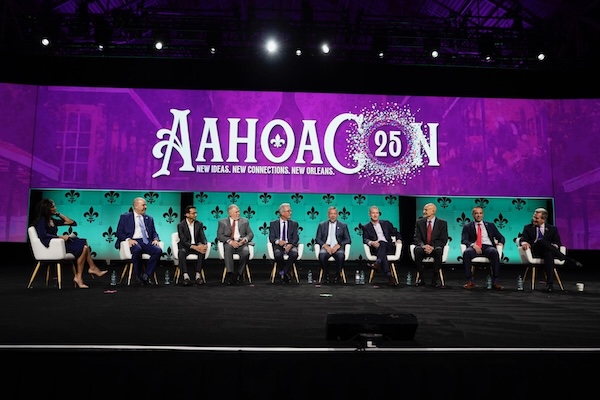
A Resilient Lot
Hansen picked up on the theme of strength. “We are a resilient and thoughtful group,” he said, imploring the audience to figure out what works and what doesn’t. “It’s your capital; think long term,” he said.
Though the wait-and-see approach is the standard fallback option, Keith Pierce, EVP of Sonesta International Hotels, goes counter, promoting the idea of being proactive. “Uncertainty creates a stall,” he said. “Don’t freeze: There is a long lag even when tariffs take effect. And if they don’t take effect you’ll be behind.”
Sonesta is currently in the process of selling 114 hotels owned by its parent company SVC with the express intent to sign new long-term franchise agreements upon sale. The hotels could accrue as much as $1 billion. “There is capital out there; the smart money is investing in the industry,” Pierce said.
One of the fresher and younger faces on the panel was Ritesh Agarwal, chairperson of G6 Hospitality and CEO of Oyo. His appearance at the convention was consequential: In December, Oravel Stays, the parent company of Oyo, completed the half-a-billion-dollar acquisition of G6 Hospitality, the parent company of the Motel 6 and Studio 6. Ninety-five percent of G6 franchisees are members of AAHOA, Agarwal said. “I’m a huge believer in the midscale and economy industry,” he said, offering the audience a dogmatic approach to the hotel business: “Revenue is vanity, profit is sanity and cash flow is reality,” he said.
Though AAHOA conventions are a time of celebration, it doesn’t mean there isn’t some friction between owners and brands, the former oftentimes irritated by what they perceive as unduly fees and brand standards. It’s a running theme. Hyatt Studios, which recently opened its first hotel, was created, Hansen said, through the owner prism. “Owners should hold brands accountable,” he said.
BWH Hotels has no choice. Its structure is that of a member organization, where all proposals are voted on and only adopted if there is a 2/3 majority. “I have 2,000 bosses,” said Larry Cuculic, president & CEO of BWH Hotels. “Our brand standards are set by our members, as is our fee structure.”
Extended Stay America is a private company with some 700 hotels. Unlike most on the stage, ESA still operates the majority of them, franchising only 150, so far. “Nothing aligns brands with owners more than being a manager,” said Greg Juceam, president & CEO of Extended Stay America. ESA operates in the “affordable” extended-stay segment, which outperformed int he aftermath of COVID and still does, according to Juceam. “We are exactly where we have always been and running 10 points higher than the overall industry.”
Meanwhile, Hilton, like its counterparts, has pivoted almost exclusively to being an asset-light, fee-based company, focused on growing brands and expanding its franchise base. In order to do so, Danny Hughes, president, Americas for Hilton, said the company heeds the advice and takes direction from the owner community through owner counsels and other such touchpoints. “We have great brands that people pay a premium for,” he said.
Added Zack Gharib, president of Red Roof, “Our challenges are big. This is our time as brands to be the strongest for franchisees.”
Be a Champion
In order to promote the hotel industry and the concerns of AAHOA members and the broader ownership community, executives, to a man, heralded advocacy. There is perhaps no bigger champion of advocacy within hospitality than Wyndham’s Ballotti. He touted two Congressional acts aimed to help small businesses tap into debt and reduce tax exposure, two vital things hotel owners need to survive and thrive. 1) The Loans in our Neighborhoods Act, also known as the “LIONs Act,” is a proposed bill that aims to expand financial support for small businesses by increasing the maximum loan amount available through the SBA’s 7(a) program. Specifically, it seeks to raise the limit from $5 million to $10 million and includes a 75% guaranteed rate on loans up to $10 million. 2) The Main Street Tax Certainty Act, which makes permanent the tax deduction for qualified business income. Under current law, the deduction expires after December 31, 2025.
On advocacy, BWH’s Cuculic implored the audience to use its voice. “We need to convince politicians to be thoughtful,” he said. Added Hilton’s Hughes, “Advocacy is local. Be champions in your own community.”
As the hotel industry and the U.S. continues to hurdle through uneasy times, Hughes left on an optimistic note. “Don’t bet against America.”
